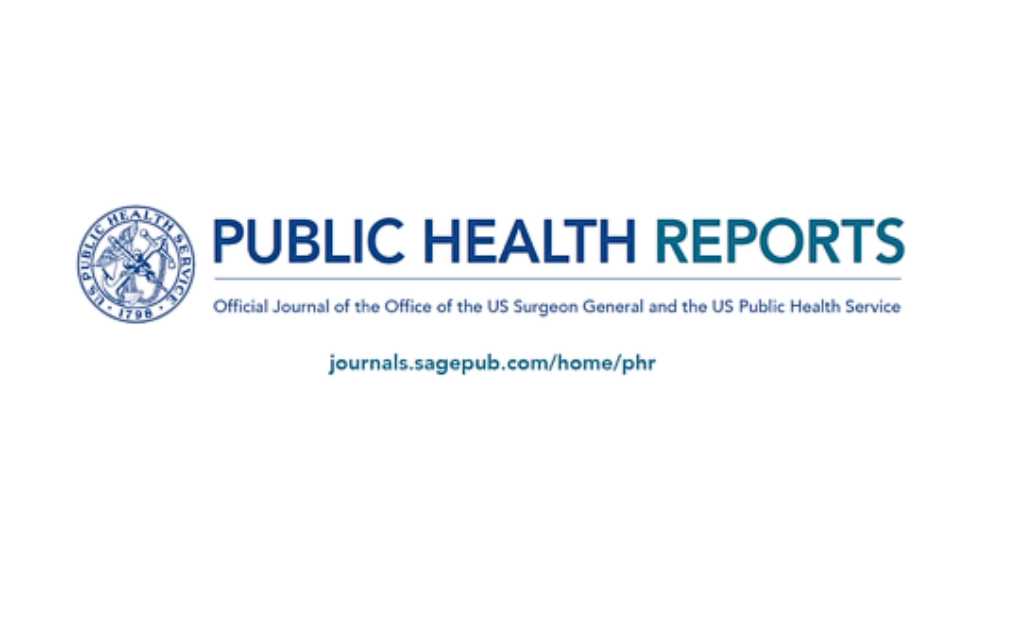
A new Exit Disclaimer in Public Health Reports discusses the importance of using a syndemic lens in our efforts to end the HIV epidemic in the United States, particularly among disproportionately affected populations such as transgender women. The commentary is co-authored by B. Kaye Hayes, Deputy Assistant Secretary for Infectious Disease and Director of the HHS Office of Infectious Disease and HIV/AIDS Policy (OIDP), and Adrian Shanker, LGBTQI+ Health Equity Advisor in the HHS Office of the Assistant Secretary for Health.
The commentary reflects on detailed insights from the first-ever National HIV Behavioral Surveillance Among Transgender Women (NHBS-Trans) project recently published by CDC in a Morbidity and Mortality Weekly Report (MMWR) supplement. NHBS-Trans conducted HIV-related biobehavioral surveillance to monitor behavioral risk factors, HIV testing behaviors, receipt of prevention services, use of prevention strategies, and HIV prevalence in 2019-2020 among 1,608 transgender women in seven urban areas in the United States.
To strengthen efforts aimed at eliminating HIV disparities among transgender women, Deputy Assistant Secretary Hayes and Mr. Shanker call for a syndemic approach that addresses substance use, mental health, and STIs as well as social determinants of health since these are all key factors driving HIV risk and outcomes.
NHBS-Trans 2019-2020 was supported by the Minority HIV/AIDS Fund (MHAF), which is administered by OIDP. A new round of the NHBS-Trans survey, also supported by the MHAF, is underway and has expanded to 10 areas.



